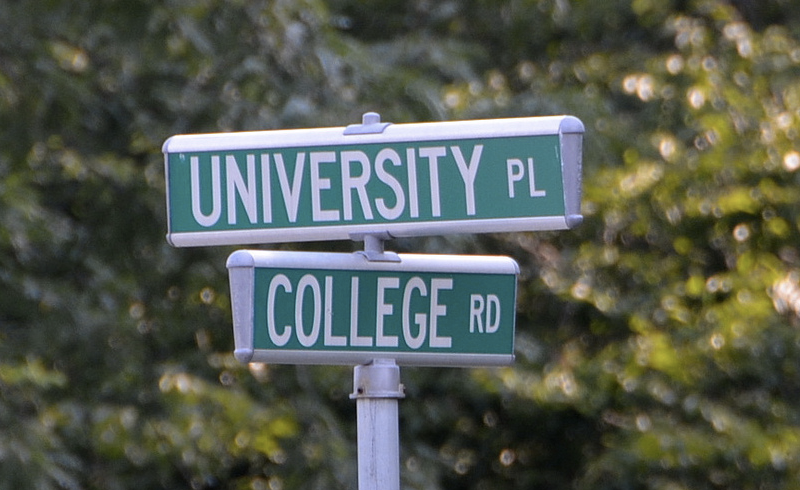Dept. Of Education Reveals Names Of 550 Colleges — Mostly For-Profits — Under Federal Scrutiny
For months now, Congress has debated the merits of creating an oversight committee tasked with improving coordination in federal and state oversight of the for-profit college industry. If that group ever comes to fruition, it appears they would likely have their work cut out for them, as the Department of Education recently released its previously secret list of colleges under scrutiny for financial reasons, half of which are for-profit schools.
The Dept. of Education released the list, which totals 560 schools, as a way to “increase transparency and accountability,” after receiving several Freedom of Information Act requests from the publication Inside Higher Ed.
Schools that appear on the list [PDF] are subject to one of two types of “Heightened Cash Monitoring” – a step the Dept. of Education’s Federal Student Aid office can take to provide additional oversight for a number of financial or federal compliance issues – that could can put restrictions on the college’s ability to access federal aid.
“Heightened Cash Monitoring is not necessarily a red flag to students and taxpayers, but it can serve as a caution light,” Ted Mitchell, Under Secretary of Education, said in the blog post. “It means we are watching these institutions more closely to ensure that institutions are using federal student aid in a way that is accountable to both students and taxpayers.”
All institutions of higher education fall under the purview of the Department and are considered for the list. In addition to for-profit schools, the list includes everything from small religious schools, to state-operated public colleges, and several private and public schools in other countries.
Schools are placed on the Department’s list for a variety of specific reasons such as late financial statements, outstanding liabilities, accreditation issues, concerns about a school’s financial responsibility or possibly severe findings uncovered during a program review.
The majority of schools on the list fall into the first type of review, referred to as Cash Monitoring 1 (HCM1), in which the college receives federal student aid funds from the government through an advance payment system.
Notable for-profit institutions on HCM1 include campuses for Career Education Management-owned Le Cordon Blue, ITT Technical Institute, Education Management-owned Art Institutes and many of the remaining Corinthian College Inc.-owned campuses of Heald College, Everest University and Wyotech.
Of the 560 colleges included on the Department’s list, 69 are subject to the second level of Heightened Cash Monitoring – referred to as level 2 (HCM2). This level of monitoring requires a school to finance student aid themselves and apply for reimbursement from the government.
Most of the schools subject to HCM2 were placed on the list for “severe findings” after government audits. The lesser-known schools include JRMC School of Nursing in Arkansas, InfoTech Career College in California, Glenwood Beauty Academy in Colorado and Manhattan Beauty School in Florida.
While Mitchell with the Dept. of Education noted that schools placed on the list may not pose a significant danger to prospective and current students, the list was associated with the collapse of for-profit Corinthian College Inc. last summer.
Several of the company’s WyoTech, Heald College and Everest University campuses appeared on the list, with the Dept. of Education eventually restricting the school’s access to federal funds. At that point, the company couldn’t sustain itself, leading to many campus closures, sales and students left in limbo.
Upon releasing the list of schools under scrutiny, the Dept. announced it would continue to make the list public and update on an ongoing basis.
Increasing Transparency and Accountability for Students [Department of Education]
U.S. Names Remaining Colleges Under Scrutiny [Insider Higher Ed]
Want more consumer news? Visit our parent organization, Consumer Reports, for the latest on scams, recalls, and other consumer issues.


